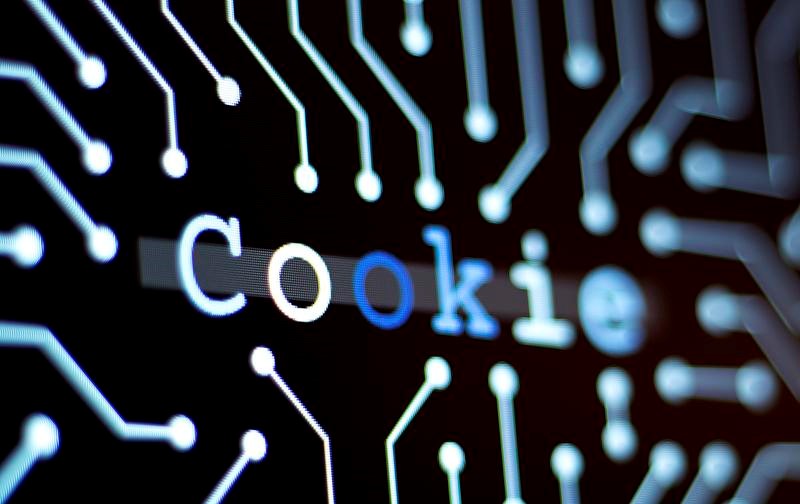Free Courses Sale ends Soon, Get It Now


Free Courses Sale ends Soon, Get It Now



Disclaimer: Copyright infringement not intended.
Context
Details
Understanding Digital Cookies
How Cookies Work
Types of Digital Cookies
Session Cookies
Persistent Cookies
First-party Cookies
Third-party Cookies
Functions of Digital Cookies
Privacy Concerns and Challenges
Impact of Regulations
Conclusion
|
PRACTICE QUESTION Q. Analyze the impact of privacy regulations, with a special focus on India's Digital Personal Data Protection Act 2023, on the use of cookies. Also, outline the potential future developments in the realm of digital cookies. (250 Words) |
© 2024 iasgyan. All right reserved